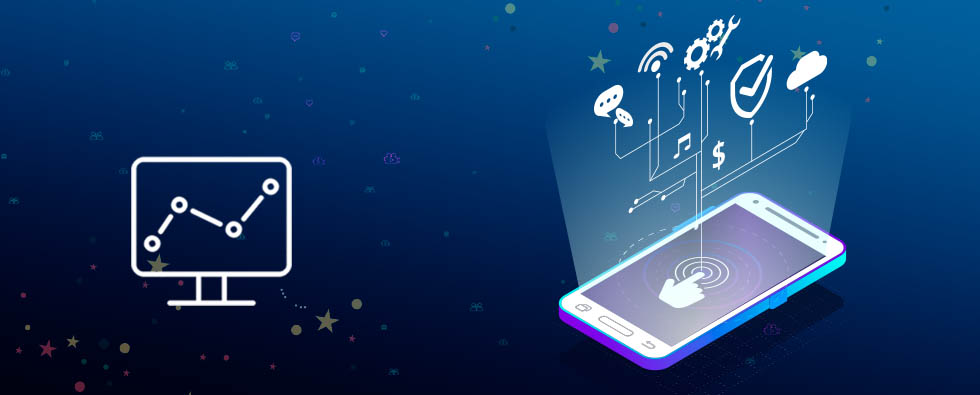In an age where technology governs nearly every aspect of life, one cannot ignore the profound influence of Artificial Intelligence (AI) on various domains. Particularly in the realm of mobile app development, AI has not just made a mark but has revolutionally changed the way developers design and users interact with apps.
How AI is Reshaping Mobile App Development
The advent of mobile apps made smartphones a vital part of our lives, helping us manage essential tasks with just a few taps. But with AI’s arrival, these applications have transcended simple utility to become more user-driven, intelligent, and automated.
AI employs machine learning (ML) algorithms to self-learn user’s behavior, preferences, and patterns. Take Spotify, for example. The music streaming app curates personalized playlists, thanks to AI, by understanding individual user’s musical tastes.
Another great example is Uber, which leverages AI for predicting the ETA of your cab. It is also used in its surge pricing model. Behind these user-friendly features are complex AI algorithms that are continually learning and adapting.
AI’s Prominent Role in Mobile App Development
A key area where AI has had a profound impact is user experience (UX). AI is now significantly enhancing UX by making applications more intuitive and personal. For instance, voice-powered AI assistants like Siri or Alexa have given mobile apps a radical makeover by making them voice-operated.
AI also provides business-centric insights through Data Analytics. Businesses can make informed decisions based on user data acquired from AI-driven apps.
Another area greatly benefiting from AI is mobile app marketing. AI’s capability to review and analyze vast data aids in targeting the potential user-base more effectively, predicting user behavior, and hence, delivering actionable insights.
Addressing the Concerns
Understandably, with such profound changes, concerns arise as to whether AI will replace human developers or if AI-driven apps will compromise user’s privacy and data.
However, AI’s current state demands human intervention for designing and modifying algorithms, making developers an integral component. Moreover, AI enhances developers’ work by automating repetitive tasks, leaving them with more time to focus on creativity and innovation.
As for privacy concerns, developers are increasingly adopting AI algorithms that respect privacy concerns and are compliant with data protection regulations like the GDPR (General Data Protection Regulation).
The Numbers Speak
According to a report by MarketsandMarkets, the AI market is expected to grow to a staggering $190.61 billion by 2025 from $21.46 billion in 2018. Particularly in the mobile application industry, Statista reports a projection of revenues of over $935 billion by 2023, strongly indicating the ever-increasing reliance on AI for mobile app development.
These rising numbers validate the impact and significance of AI in mobile app development, indicating a promising future for AI-assisted apps.
Concluding Thoughts
In conclusion, AI is a game-changer for mobile app development, transforming the way apps are developed and experienced. Its continuous evolution is certain to bring about even more exciting improvements not just in the realm of mobile applications but also how we interact with digital technology.
As more businesses recognize and harness AI’s power to enhance their mobile applications, the role AI plays in our lives will become increasingly important. The potential of AI is vast, and we have merely scratched the surface of its capabilities in mobile app development.
While respecting users’ privacy remains a key concern, with proper regulations and anonymized data usage, the AI-powered future of mobile app development is brighter than ever. Embracing AI today thus not only provides an edge over competitors but also ensures preparedness for a future where AI is indispensable.

